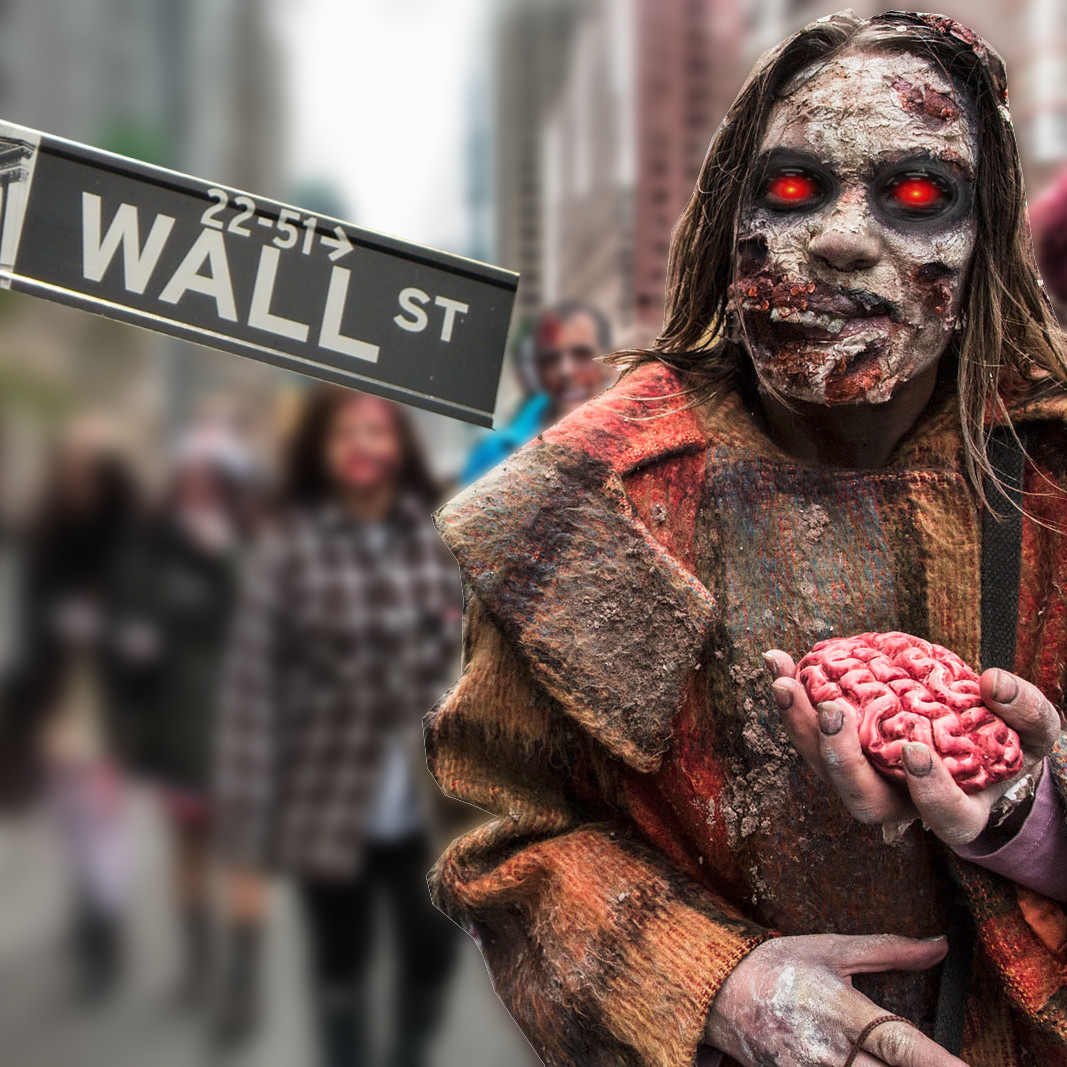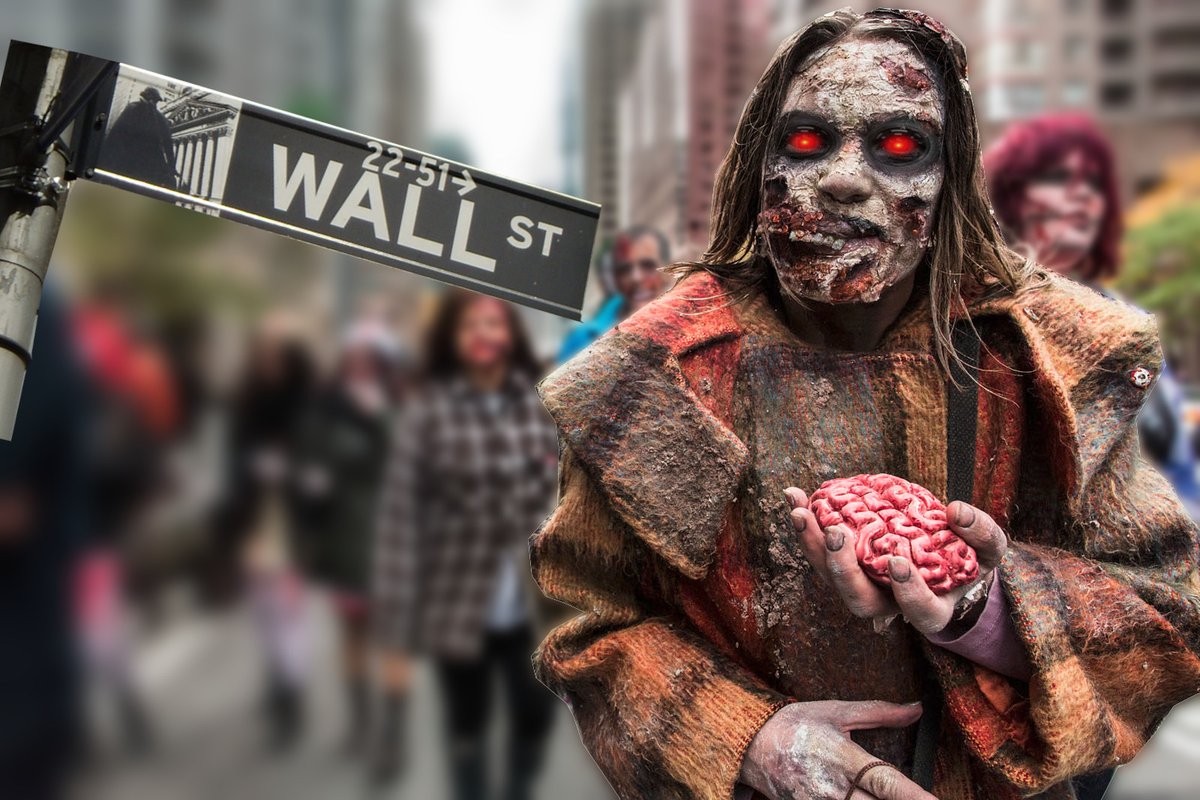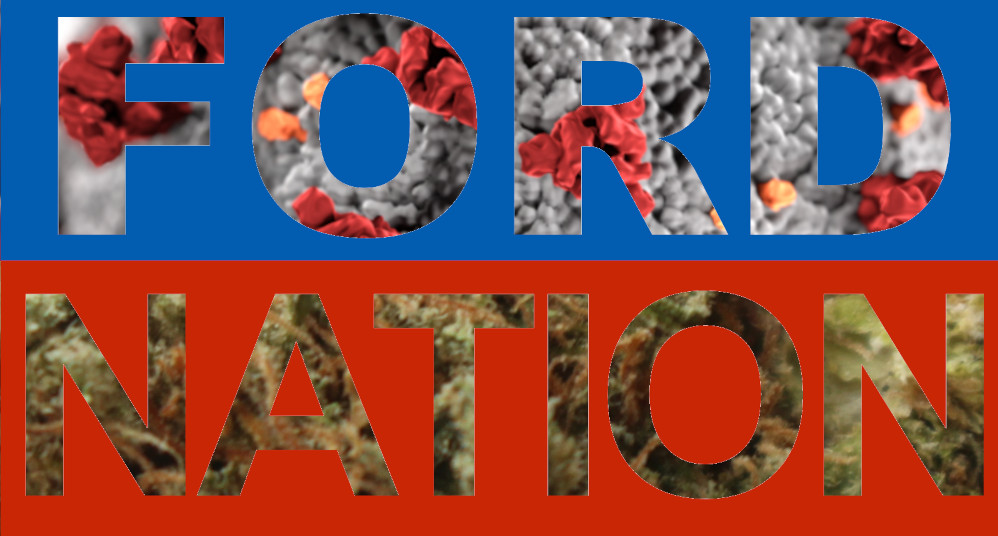
The opioid epidemic is a corporate murder spree that killed more Americans than the Vietnam war, and its deaths carry on, accelerating during the pandemic. The enrichment to its principal architects outstrips the Rockefeller fortune, and they stand to retain that wealth.
1/
1/

The Sacklers owned Purdue Pharma, whose Oxycontin was ground zero of the epidemic. Purdue pushed deliberate lies about the safety of its product and aggressively marketed through doctors and distributors, under the direction of the family patriarch Richard Sackler.
2/
2/
The Sacklers were determined to come through the crisis both rich and well-loved. They laundered the family reputation with gifts to arts institutions that saw their names on galleries and museums around the world. That was the carrot.
3/
3/
The stick was litigiousness - their lawyers threatened me for writing about them - that let them convert blood money to legal force, burying Richard Sackler's bizarre deposition, which only came to widespread attention thanks to @iamjohnoliver.
4/
4/
That was just the tip of the iceberg. Lawyers for the company and the family used the law to suppress court proceedings that revealed the deliberate strategy to addict their customers to Oxy:
propublica.org/article/data-t…
5/
propublica.org/article/data-t…
5/
The courts were so complicit in the Sacklers' campaign to suppress evidence of their complicity that they became, effectively, co-conspirators in the opioid crisis:
reuters.com/investigates/s…
6/
reuters.com/investigates/s…
6/
The Sacklers didn't invent corporate crime playbook, but their contributions are significant. For example, their PR ninjas at Dezenhall Resources - late of Enron - did very will with a victim-blaming strategy that smeared the dead as reckless junkies.
propublica.org/article/inside…
7/
propublica.org/article/inside…
7/
Eventually, the survivors of Sacklers' opioids caught up with them. Purdue was sloughed off into a bankruptcy proceeding, and the Sacklers themselves began to cry poor, offering what they claimed were their last $4b to survivors.
8/
8/
But they conspicuously failed to mention the $8-9 billion they'd moved offshore:
reuters.com/article/us-pur…
They pumped $1b through a single bank:
thehill.com/policy/healthc…
(the Sacklers dismissed this story as "nothing newsworthy").
9/
reuters.com/article/us-pur…
They pumped $1b through a single bank:
thehill.com/policy/healthc…
(the Sacklers dismissed this story as "nothing newsworthy").
9/
It looks like they'll get to keep that blood money, too, thanks to another act of solidarity from the US legal system. A bankruptcy judge is poised to roll the Sacklers' personal liabilities into the bankruptcy restructuring of Purdue Pharma.
prospect.org/justice/sackle…
10/
prospect.org/justice/sackle…
10/
As @libby__lewis explains in @theprospect, this is a bizarre metastasis of US bankruptcy law, which, in many cases, has swallowed the entire criminal justice system.
11/
11/
Under the Purdue/Sackler proposal, the rights of victims will be transformed into property, owed by the Sacklers, and which the bankruptcy court claims jurisdiction over. So the bankruptcy court can decide what that asset is worth and what percentage of that the victims get.
12/
12/
That means that the legal claims of the victims are being nonconsensually settled without a trial. Worse, the bankruptcy judge making this settlement isn't even a federal judge with Senate confirmation, qualified to hear a criminal matter - he's just an administrative judge.
13/
13/
It's a twisted process. The Sacklers aren't in bankruptcy court, so they aren't obliged to disclose all those billions stashed offshore. But they've asked the judge to turn the their legal liabilities into property that he can dispose of in PURDUE'S bankruptcy.
14/
14/
So Jenny Scully, who gave birth to an opioid-addicted child six years ago, because her doctors prescribed her dangerous painkillers whose risk had been downplayed by Purdue and the Sacklers, will have no more recourse.
15/
15/
None of this is in the Bankruptcy Code, but the courts (especially the Second Circuit, which covers the finance sector in NYC), follow a case from the asbestos settlement era that created this weird precedent.
16/
16/
The exception has swallowed the rule, and now bankruptcy is the go-to way for the beneficiaries of corporate crimes - even mass deaths - to walk away with more wealth than the Rockefellers.
17/
17/
Image: Geographer (modified)
commons.wikimedia.org/wiki/File:Serp…
CC BY-SA:
creativecommons.org/licenses/by-sa…
eof/
commons.wikimedia.org/wiki/File:Serp…
CC BY-SA:
creativecommons.org/licenses/by-sa…
eof/
ETA - If you'd like an unrolled version of this thread to read or share, here's a link to it on pluralistic.net, my surveillance-free, ad-free, tracker-free blog:
pluralistic.net/2021/03/31/vac…
pluralistic.net/2021/03/31/vac…
• • •
Missing some Tweet in this thread? You can try to
force a refresh









